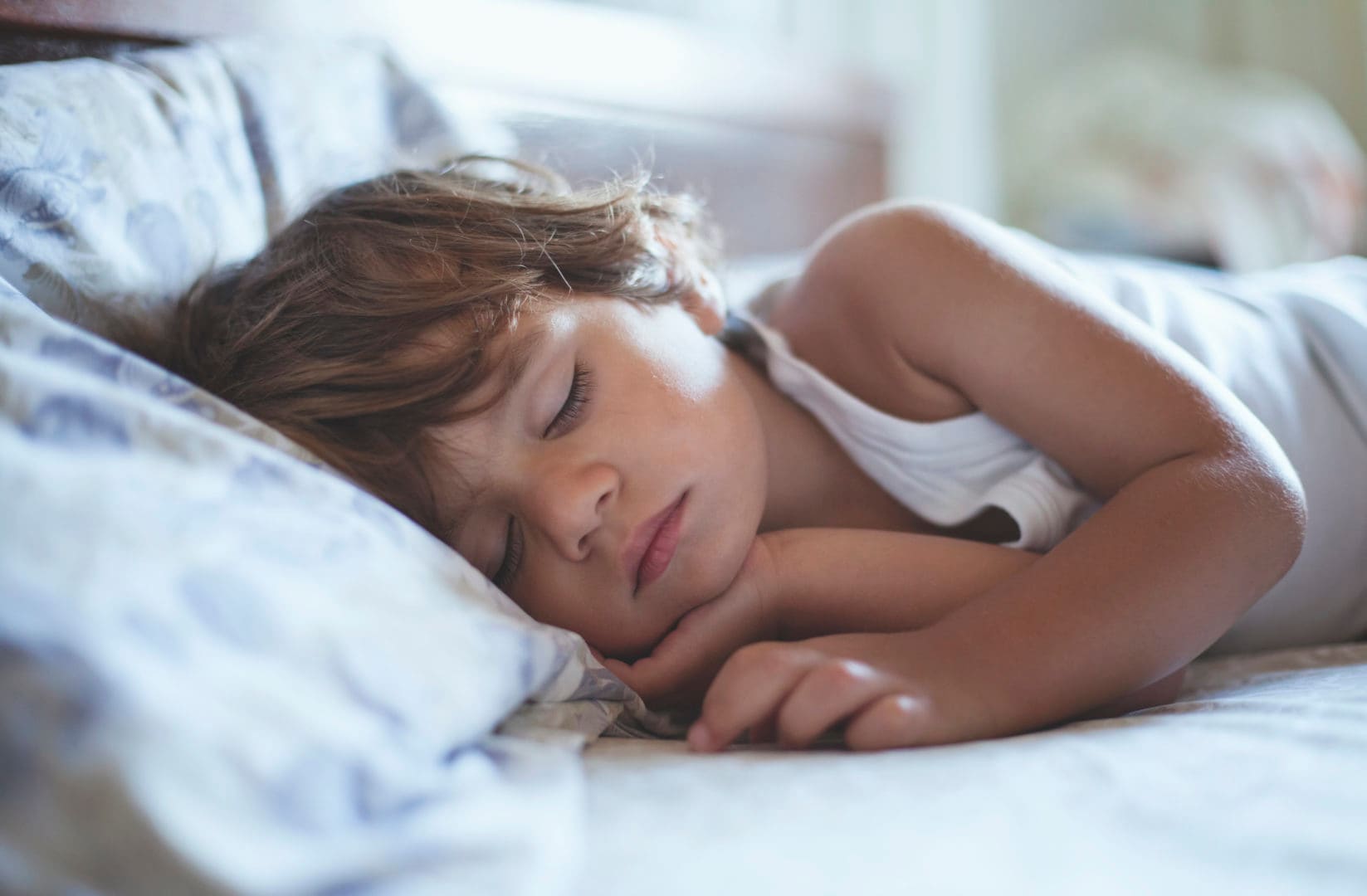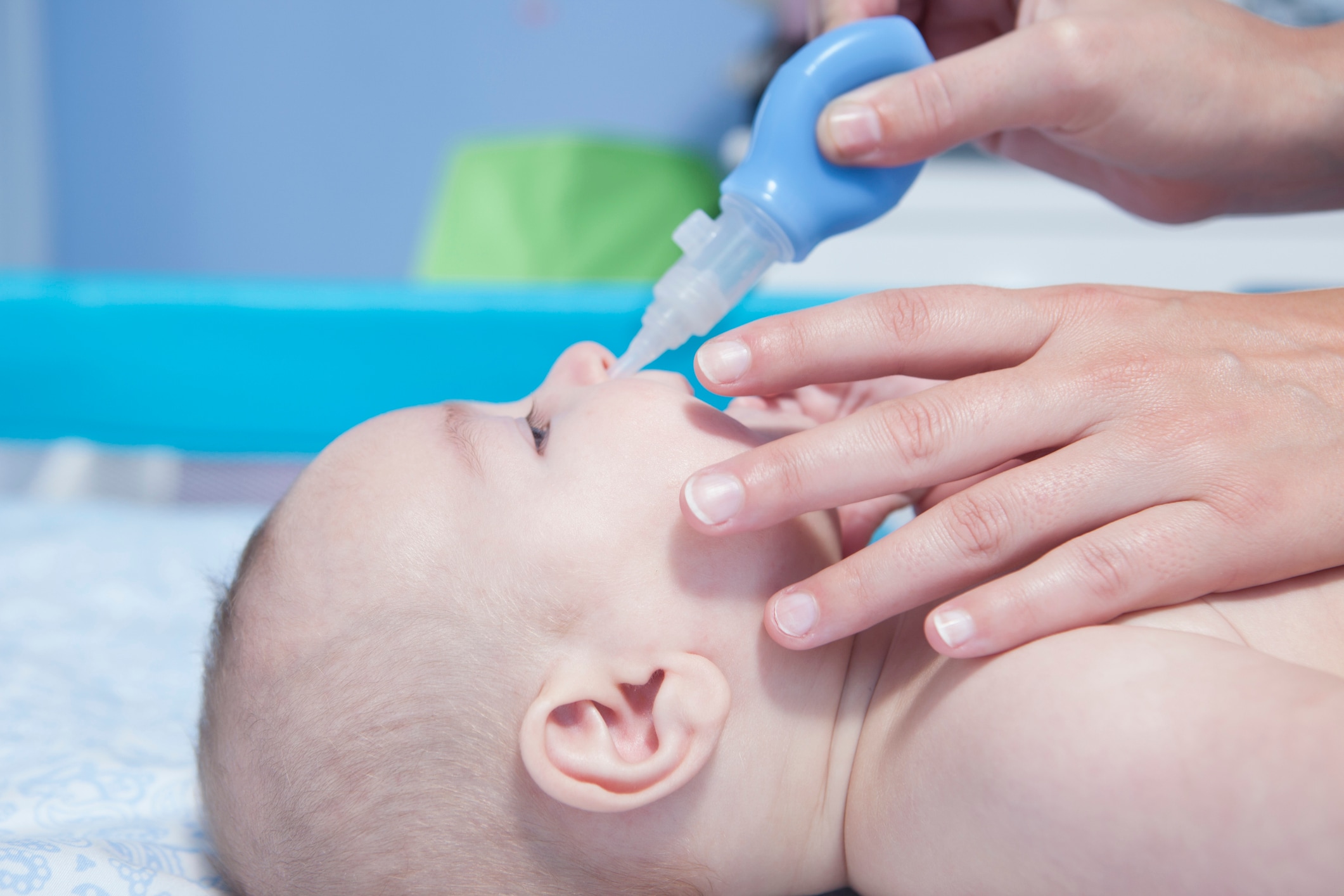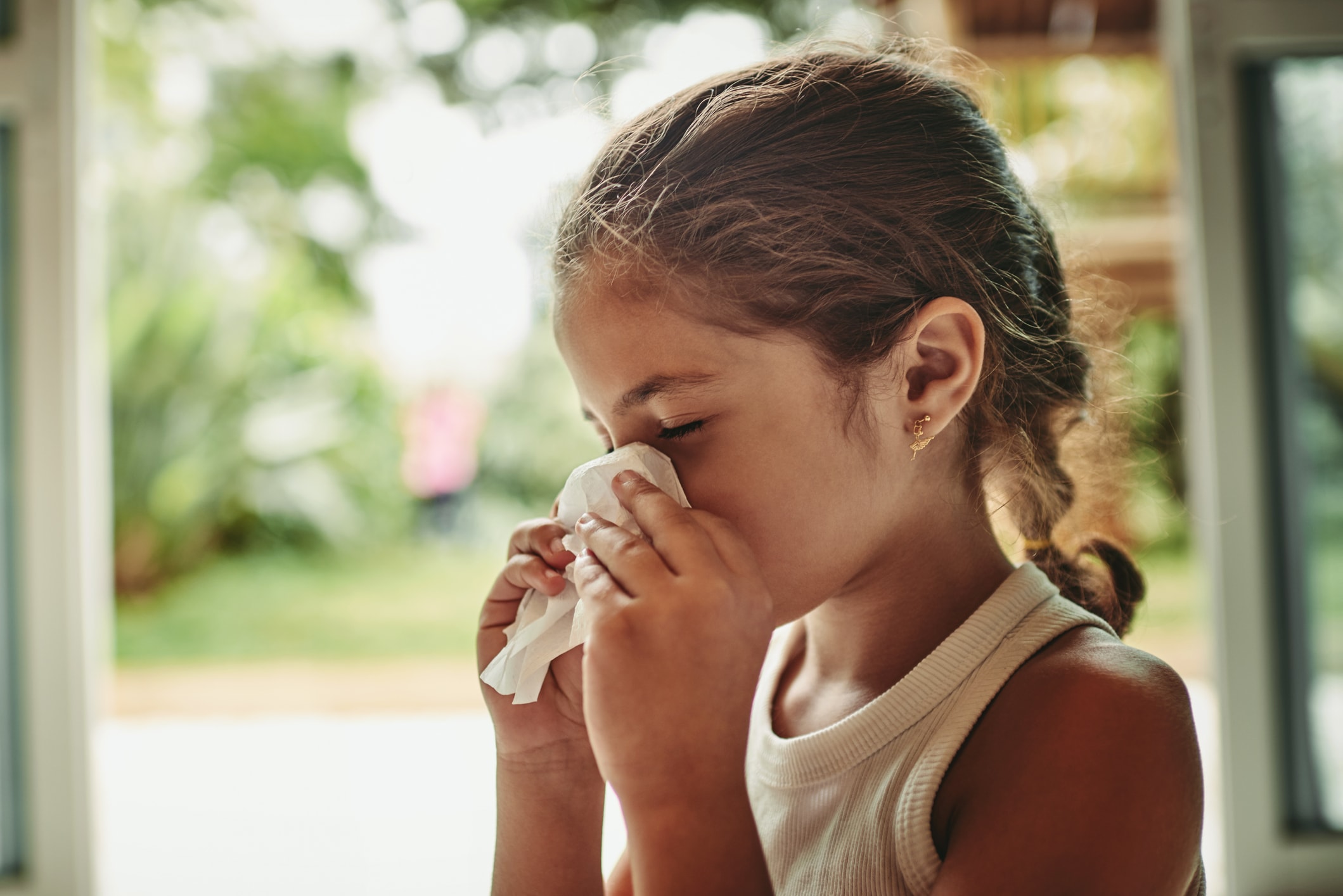In this article
- What is melatonin and what does it do?
- How is the over-the-counter version of melatonin used?
- Can you give kids melatonin?
- How much melatonin can a child take?
- Suggested melatonin dosage for kids by age
- What age can children start taking melatonin?
- Potential side effects of melatonin for kids?
- How you should and shouldn’t use melatonin for kids?
- Can kids take melatonin every night?
Sound machines, chamomile patches, red night lights, living by candlelight — parents of poor sleepers will do almost anything to get their child to sleep. Not only are bedtime battles brutal for all parties involved, their aftereffects are as well, resulting in cranky kids and frustrated parents and caregivers the following day. For parents who feel like they’ve futilely tried it all in the sleep department, it isn’t uncommon for melatonin to make its way into their radar.
But is melatonin safe for kids? According to Dr. Benjamin Levinson, primary care physician at Nationwide Children’s Hospital in Columbus, Ohio, it is OK to give melatonin to a child. “As a supplement, melatonin can be used to help kids go to sleep if it is taken earlier in the evening than when it naturally begins to be released,” he explains.
No doubt about it: Melatonin is popular with parents. But are there any long-term caveats to be wary of? Experts weigh in on what some parents have deemed a game-changer.
Key takeaways
- Melatonin can help kids sleep but should be used alongside good sleep routines.
- Start with low doses (0.5-1mg) and consult a pediatrician before use.
- Long-term effects are unclear, but short-term use is generally safe.
What is melatonin and what does it do?
“Melatonin is a natural, hormone-like substance secreted by the brain at night that helps with falling asleep,” explains Dr. Nick DeBlasio, a pediatrician at the Pediatric Primary Care Center at Cincinnati Children’s Hospital Medical Center in Cincinnati. “It is sold as a supplement, mainly to help people fall asleep.”
For kids, melatonin starts being released between 7 p.m. and 9 p.m., with production continuing until it becomes light the next day. According Levinson, melatonin helps us feel sleepy at night and assists in regulating the daily sleep-wake cycle.
Of course, as most parents and caregivers know, the mere presence of the hormone doesn’t magically make kids fall asleep when it’s time to shut the lights. A number of factors unrelated to melatonin affect children’s sleep — sleep onset associations and inconsistent routines being among the most common. But more directly, being exposed to blue light from phones and tablets can interfere with melatonin production.
How is the over-the-counter version of melatonin used?
In the mid-90s, melatonin became available as an over-the-counter dietary supplement for people experiencing difficulty falling (not staying) asleep, and its use has steadily increased over the years — especially for kids. New research shows that, today, about half of parents give their kids melatonin, which comes in gummies, chewables, capsules, liquids, tablets and even chocolate pieces, in order to help them fall asleep.
Can you give kids melatonin?
As Levinson said, it is OK to give melatonin to a child, but keep in mind, it’s not necessarily the missing puzzle piece in why a child isn’t sleeping. “Having a regular bedtime routine and good sleep hygiene is critical in assisting children to sleep well,” Levinson says. “Without it, melatonin may not be effective.”
“Having a regular bedtime routine and good sleep hygiene is critical in assisting children to sleep well. Without it, melatonin may not be effective.”
— Dr. Benjamin Levinson, primary care physician, Nationwide Children’s Hospital
DeBlasio, who doesn’t recommend giving melatonin to a child under the age of 3, agrees that good sleep practices are the key to good sleep. “Good sleep hygiene — having a consistent bedtime and routine, not having tablets or a TV in the room, etc. — is the most important aspect in getting kids to sleep. Melatonin should never be used in place of these practices.”
It’s also worth noting that, while melatonin is considered safe for kids when used as directed, it’s sold as a dietary supplement with no required prescription, so it’s not regulated by the Food and Drug Administration (FDA).
How much melatonin can a child take?
When using melatonin for kids, it’s best to start small, and if need be, work up to a higher dose. “I usually advise people to start at low doses of 0.5 milligrams or 1 milligrams and give it about 90 minutes before bedtime,” DeBlasio says. “For some children, these low doses may be all that is needed. Other kids will require higher doses. However, most children don’t need more than 3 to 6 milligrams.” He adds, “It is important to involve your pediatrician in decisions about melatonin dosing.”
Levinson says that the general recommended dosage utilized in studies of children is between 0.5-6 milligrams nightly. Again, though, melatonin isn’t regulated by the FDA, which can make dosage tricky. “Research has shown that the stated amount of melatonin in a supplement can be off by over 400%, and other compounds, such as serotonin, can be included,” Levinson says. “The dosage variability can even be very high when the same brand is purchased on separate occasions. Families should always check with their child’s pediatrician before giving melatonin to their child.”
Suggested melatonin dosage for kids by age
Here’s the suggested melatonin dosage for each age group, based on Levinson, DeBlasio, the Sleep Foundation and the American Academy of Pediatrics (AAP).*
| Age | Suggested Melatonin Dosage |
| 1-year-olds and younger | Don’t give |
| 2-year-olds | Don’t give |
| 3-year-old | Don’t give |
| 4-year-olds | Don’t give |
| 5-year-olds | 0.5 mg-2 mg |
| 6-12-year-olds | 0.5 mg-3 mg |
| 13-year-olds and older | 0.5 mg-5 mg |
What age can children start taking melatonin?
Due to its lack of regulation, there aren’t any hard and fast rules for when kids can start taking it; however, Levinson notes that many of the studies of melatonin in children “start around age 6.” And again, DeBlasio doesn’t recommend giving melatonin to any child under age 3. The Sleep Foundation recommends starting at age 5, if necessary, and always starting with the lowest dosage.
Read more: Is melatonin safe while breastfeeding?
Melatonin levels are naturally at their highest in early childhood — “from age 1 to 3 1/2 or so,” according to Levinson — and then they decline continuously until adolescence. So, if a young child is having a hard time going to bed at night, or staying asleep, looking at their overall sleep hygiene, and potentially making changes, should be the first order of business. If a child is still having difficulty sleeping, you can discuss incorporating melatonin with their doctor.
Potential side effects of melatonin for kids?
Research thus far has found short-term melatonin use to be safe for adults and children without any serious side effects. Short-term use of melatonin is generally considered to be very safe for kids, according to Levinson, but the following side effects can occur:
- Daytime drowsiness.
- Headaches.
- Dizziness.
- Agitation.
- Bed-wetting.
- Increased nightmares.
“There also is a potential for increased risk of seizures in those who have epilepsy though the evidence is mixed,” notes Levinson. “Discussing this with your child’s neurologist prior to starting melatonin is advised.”
When it comes to long-term melatonin use, research is still scant. “We don’t know the full extent of the long-term side effects of melatonin, as it’s an area with very little research,” Levinson explains. “Almost all of the studies in children are at most a few months in duration. The biggest concern in the literature is that chronic melatonin use in children, defined as six months or longer, may cause early onset of puberty though, at this point, there is no direct evidence of this occurring.”
How you should and shouldn’t use melatonin for kids?
When it comes to kids, melatonin is mostly recommended as an aid for small sleep adjustments, not as a permanent fix for an ongoing sleep problem. “It can be useful in recovering from jet lag,” says Levinson, “and in children who need to get back on a regular sleep schedule when the school year starts.”
“Melatonin has worked well for us when my son’s routine needs to be reset,” says mom of three Krysten Mace of Cranford, New Jersey, who started using melatonin for her 8-year-old earlier this year. “It helps him when he needs to get back on a schedule, so getting up in time for school isn’t a problem.”
“For children with ADHD and autism spectrum disorder, who more commonly have abnormal sleep cycles,” adds Levinson, “melatonin can also be particularly useful.”
Can kids take melatonin every night?
If melatonin helps a child’s sleep schedule get back on track, it can be tempting to use it often. However, since it’s not a heavily researched area, doctors advise erring on the side of caution. “I prefer to use melatonin more as a short term solution while parents or caregivers and children work on adjusting the sleep routine to promote good sleep practices,” DeBlasio says. “That said, from a short-term perspective, melatonin is safe and effective to use.”
According to the Mayo Clinic, it’s unlikely that people who regularly use melatonin will develop a dependency to it, have a diminished response with regular use or have a “hangover effect” afterwards. Additionally, one study found that using melatonin supplements does not suppress the melatonin the body produces naturally. However, there’s no concrete evidence when it comes to long-term melatonin use and kids.
“Ultimately, we can’t be completely confident of the long-term safety of melatonin at this point,” Levinson says. “So, for this reason, it’s best to use it as needed to help children get back on a more regular sleep schedule, and once that’s established, try to decrease the dose and come off of it.”





